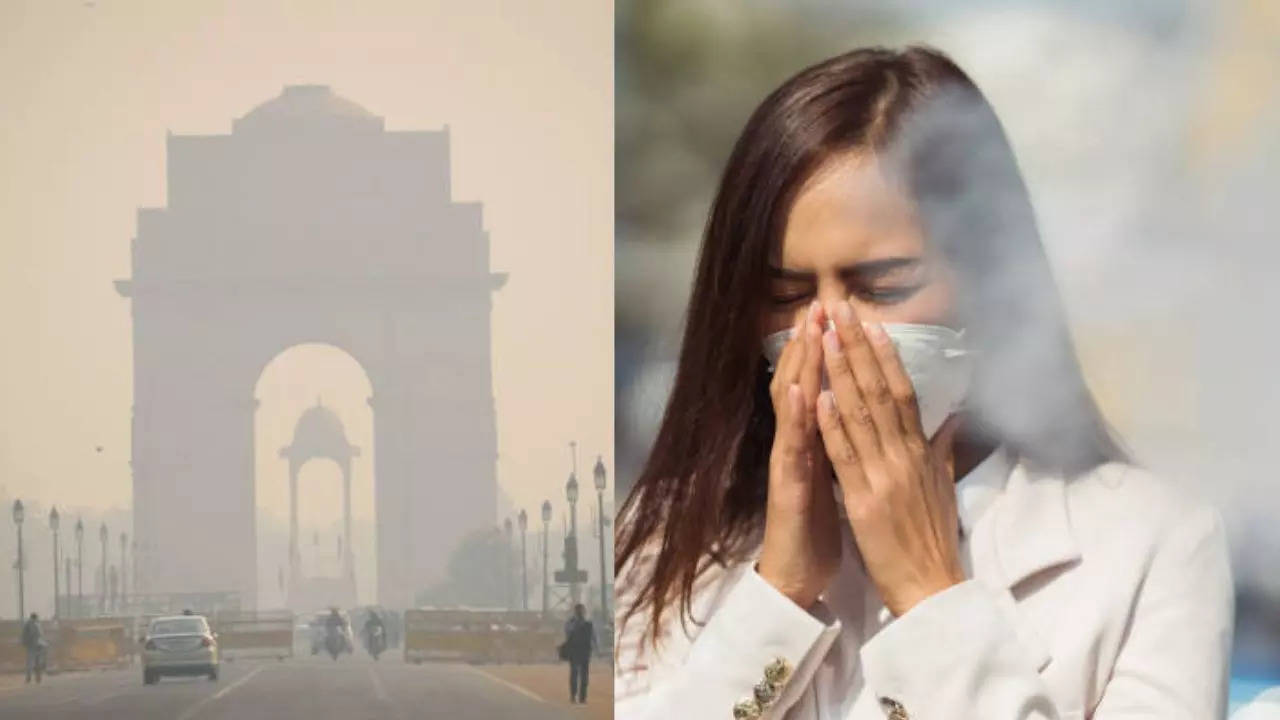The national capital continues to grapple with a thick layer of smog, health issues are on the rise in Delhi. From breathing problems to skin allergies, people are suffering badly. The Air Quality Index (AQI) in Delhi-NCR has reached the 'severe' category for the first time this season today with the Air Quality Index (AQI) spiking over 400.
A new research reveals that the autoimmune skin condition eczema, clinically known as atopic dermatitis, is more prevalent in areas with high levels of air pollution. Researchers from Yale University suggest that dirty air could be a significant trigger for the condition, especially as industrialisation has been linked to rising eczema rates. “Showing that people who are exposed to particulate matter in air are more likely to have eczema deepens our understanding of the important health implications of ambient air pollution," explained Gloria Chen, lead investigator from Yale School of Medicine.
The findings were published on Nov. 13 in the journal PLOS ONE. Not only in India but eczema affects over 31 million Americans, according to the National Eczema Association.
Symptoms include itchiness, dry skin, rashes, scaly patches, blisters, and skin infections. The root cause of eczema is believed to be an overactive immune system that reacts to environmental triggers. The study highlights air pollution as one of these triggers.
The Yale team analyzed data from nearly 287,000 Americans, of whom approximately 12,700 (4.4 per cent) had been di.


















